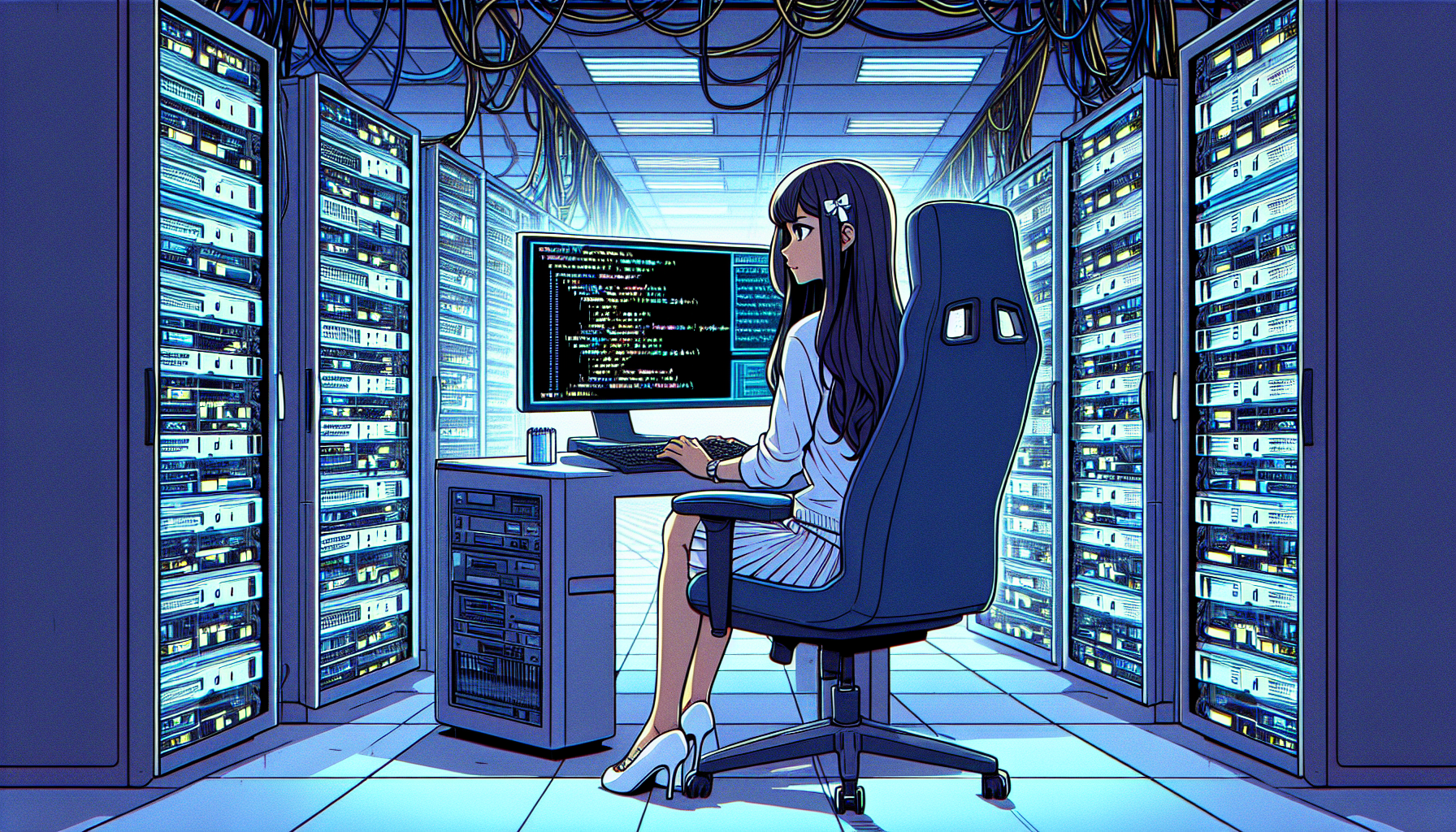You Should Still Learn to Code (In Spite of AI)
April 29, 2025
There's a growing sentiment on Twitter—often echoed by blue checkmarks and anime-avatar users—that learning to code in the era of generative AI is a futile pursuit. The argument is straightforward: AI will replace programmers, making coding skills obsolete. But is this really the case? Not quite.
The "anti-learn-to-code" camp believes that AI advancements will make human programmers unnecessary. They argue that AI's ability to generate code on demand will lead to a future where software development is automated, eliminating the need for people to write code manually.
At first glance, this may seem like a compelling argument. AI-generated code can indeed be impressive—it can quickly produce solutions for common problems, automate tedious tasks, and assist in debugging. However, when we take a closer look at its current capabilities, we find that the reality is far more nuanced.

Why AI Won't Replace Human Coders
Despite the hype, AI is significantly less capable than many believe. It creates buggy, unreliable code and struggles when faced with original or highly specific problems. AI is exceptional at handling tasks that have been documented repeatedly, but when precision problem-solving is required, its limitations become clear.
Consider software development beyond simple tasks: architecture design, security implementations, and optimizing performance in unique use cases. AI falls short because it lacks the intuition and creativity that human developers bring to the table. It makes educated guesses based on patterns but cannot truly innovate or reason like a human.
AI as a Learning Resource
While AI won't replace programmers any time soon, it can be an excellent learning tool. At its core, AI functions as an over-hyped search engine—one that can synthesize information from multiple sources and present it in an easily digestible format. Aspiring coders can leverage AI to:
- Troubleshoot issues quickly
- Learn new concepts faster than traditional methods (books, courses, forums)
- Get explanations for complex code snippets
- Identify and fix bugs
AI can enhance the learning experience, but it is not a substitute for truly understanding coding principles. As one's coding skills improve and projects become more complex, AI’s shortcomings become increasingly apparent, further reinforcing the value of human intuition.
Coding for the Future
Rather than seeing AI as a threat, aspiring coders should view it as a tool that makes programming more accessible. Generative AI lowers the barrier to entry, making coding easier for beginners. However, the idea that AI will completely replace human engineers is unrealistic. A massive technological breakthrough would be required to achieve such a feat—one that is not even remotely on the horizon.
Even as AI progresses, coding will remain an indispensable skill. The ability to critically think, break down problems, and develop custom solutions is something AI cannot replicate. Those who learn to code will be better equipped to navigate the future, regardless of how AI evolves.
Coding Is Fun
Ultimately, coding should be pursued not just for career prospects but for the joy of creation. Linus Torvalds, the creator of Linux, famously said
Most good programmers do programming not because they expect to get paid or get adulation by the public, but because it is fun to program.
This sentiment is often overlooked.
Too many people approach coding solely as a pathway to a lucrative career, which is fine, but coding can also be frustrating and even heartbreaking. If you do not genuinely enjoy it, it may not be worth pursuing. However, for those who find fulfillment in problem-solving and creation, coding remains an exciting and rewarding endeavor—one that AI is far from replacing.
So yes, you should still learn to code. AI is a tool, not a replacement.
Comments
(Comments must be approved by a moderator.)
No comments yet. Be the first to leave a comment!